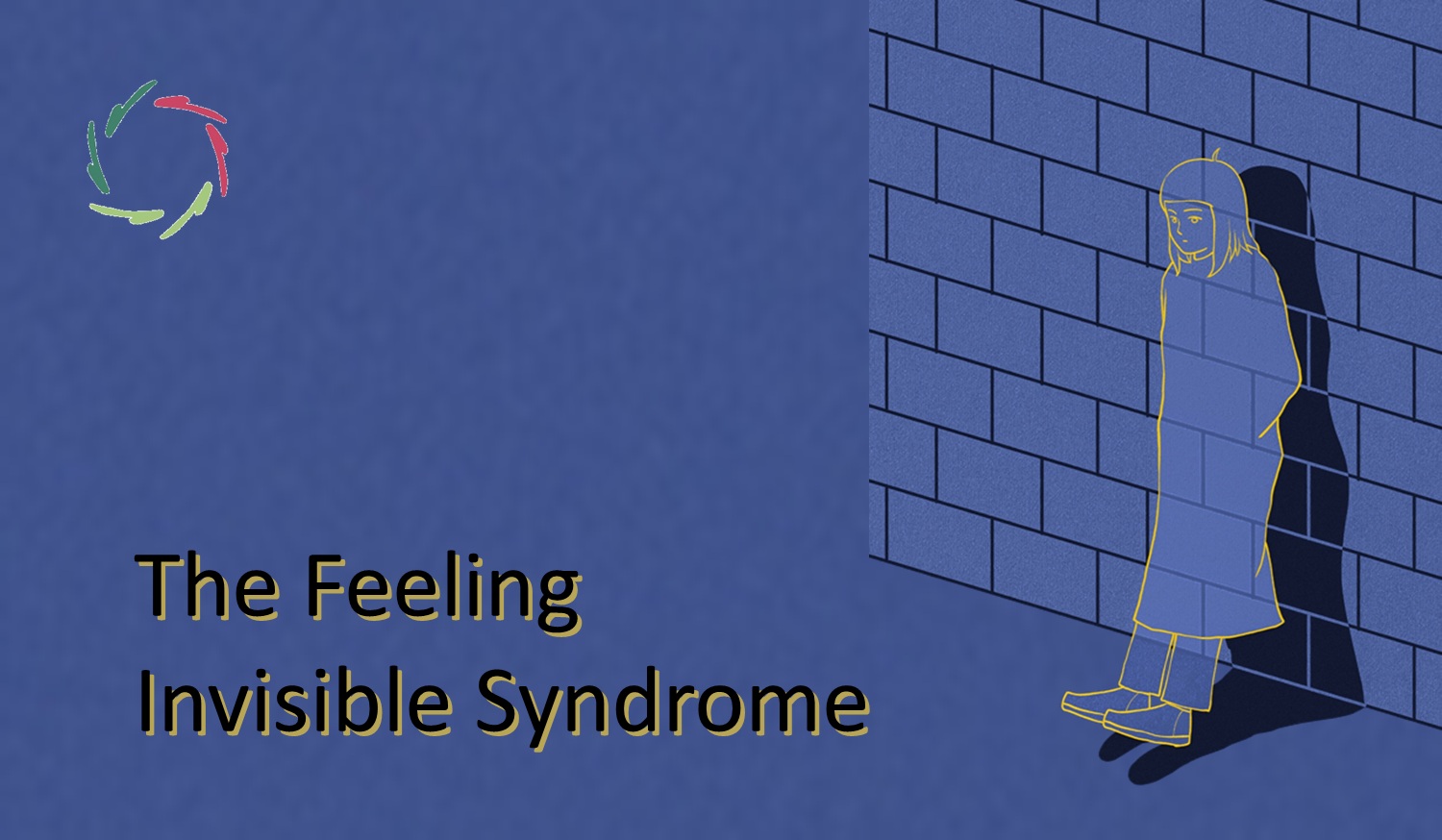Lisa’s Humor in Coaching

Here are ten features that guide Lisa’s way of using humor in coaching, each contributing to a supportive, transformative coaching experience.
Each of these ten features reflects how humor can foster growth, connection, and insight.
This blog is part of a trilogy on humor.
For context and depth, see The Subtle Art of Humor in Coaching and Humor ― Deeper than You Think, which explore the practical and the profound dimensions of humor.
Inclusiveness
In Lisa’s coaching, humor is never exclusionary. It is used to bring the coachee into a shared moment, fostering connection and mutual understanding. This inclusiveness ensures that humor doesn’t make the coachee feel like an outsider but rather part of a collaborative experience.
By involving the coachee, humor helps build rapport and trust, key elements in effective coaching.
Insightfulness
Lisa uses humor as a tool for revealing deeper truths. A well-placed humorous comment can highlight an underlying pattern or belief, allowing the coachee to view their situation from a fresh perspective.
Humor, in this sense, becomes a gentle way to shine a light on complex issues, making them more approachable and easier to grasp. The insight gained through humor can often lead to breakthroughs in understanding.
Empathy
Humor, when delivered with sensitivity to the coachee’s emotional state, can uplift rather than alienate. It acknowledges the coachee’s feelings while offering a light-hearted perspective that doesn’t minimize their experience.
Empathetic humor builds safety and respect, ensuring the coachee feels heard and supported throughout the coaching process.
Adaptability
Humor in coaching must be adaptable, and Lisa excels at adjusting the humor to suit the coachee’s mood and timing. Whether a session is focused on a challenging topic or a lighter moment, humor is used to enhance the flow of the conversation, not disrupt it.
Adaptability ensures that humor complements the coaching process, helping to create a balanced and dynamic interaction.
Surprise
Humor often works best when it surprises, and Lisa uses this feature to gently challenge the coachee’s expectations. A surprising twist in humor can help the coachee step outside of their habitual thinking patterns and embrace new possibilities.
This kind of humor encourages creative thinking and opens doors to new insights, making the coaching experience both engaging and enlightening.
Relational bonding
Humor is a powerful tool for strengthening the coach-coachee relationship. By using humor to build rapport, Lisa fosters an atmosphere of openness and trust. Laughter shared in a coaching session creates a sense of camaraderie, making the coachee feel more comfortable exploring challenging or sensitive issues.
Relational bonding through humor helps deepen the connection between coach and coachee.
Creativity
Lisa employs humor that is creative and tailored to the coachee’s unique personality and situation. This originality ensures that the humor resonates on a personal level, making the coaching experience feel more intimate and customized.
Creative humor reflects a deep understanding of the coachee’s needs and helps facilitate breakthroughs in a way that is both meaningful and memorable.
Light-heartedness
Coaching can often involve addressing serious or challenging issues, but Lisa uses humor to introduce light-heartedness, easing the intensity of these moments. This feature makes difficult topics more approachable, allowing the coachee to engage with them without feeling overwhelmed.
Humor brings a sense of playfulness, helping the coachee to relax and approach challenges with a more open and flexible mindset.
Nuance
Lisa’s humor is never heavy-handed. Instead, it is subtle, often containing layered meanings that invite further reflection. This nuanced approach allows humor to work on different levels, offering insights that can be explored more deeply if the coachee chooses.
Nuance in humor makes the coaching session feel rich and dynamic, enhancing the coachee’s overall experience.
Positivity
Finally, Lisa uses humor to leave the coachee feeling energized and positive. Humor that reinforces the coachee’s progress and self-belief is uplifting, creating a sense of optimism about their growth.
Positive humor not only helps to reinforce what the coachee has achieved but also motivates him to continue moving forward with confidence.
All together
These ten features create an atmosphere in which Lisa can bring humor without offending the coachee in any way.
They transform Lisa’s humor in coaching into an excellent instrument of growth.
―
Addendum: A light moment in coaching — Lisa and a coachee
(written by Lisa herself)
Coachee (frowning):
I don’t know, Lisa… I just feel like I’m stuck. Like I’m standing in wet cement.
Lisa (smiling):
Wet cement? That sounds uncomfortable. But at least you’re not fully dry yet. Still time to wriggle your toes?
Coachee (half-laughs):
If I could even find my toes right now.
Lisa:
I once had a client who said the same thing—turned out she was wearing two left shoes. Emotionally, I mean. Ever feel like you’re not quite laced up for this moment?
Coachee:
That’s… exactly it. I’m dressed for the wrong season of myself.
Lisa:
Perfectly said. Sometimes we wear a winter coat in midsummer just because someone told us it might rain… years ago.
Coachee (laughs):
That actually makes sense. I’m sweating under old advice.
Lisa (leaning in playfully):
Well, if it helps: no storm in sight today. Shall we unzip one belief and see what happens?
Coachee (smiling more openly):
Okay. One zipper at a time.
Commentary
The humor here is soft, respectful, and attuned to the moment. Lisa (that’s me) doesn’t impose insight—she invites it, lightly. The play with metaphors (“wet cement,” “winter coat”) allows the coachee to reflect without defensiveness. A gentle laugh becomes a door that opens toward change.


